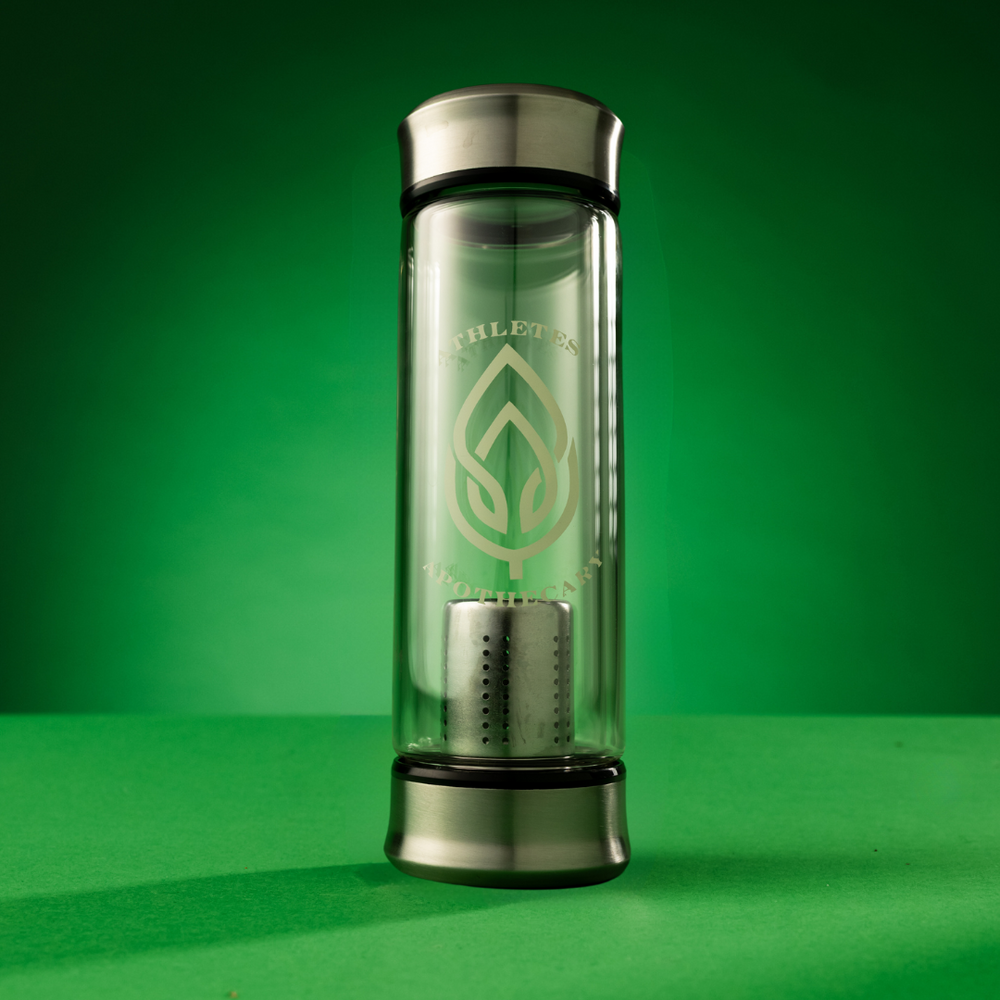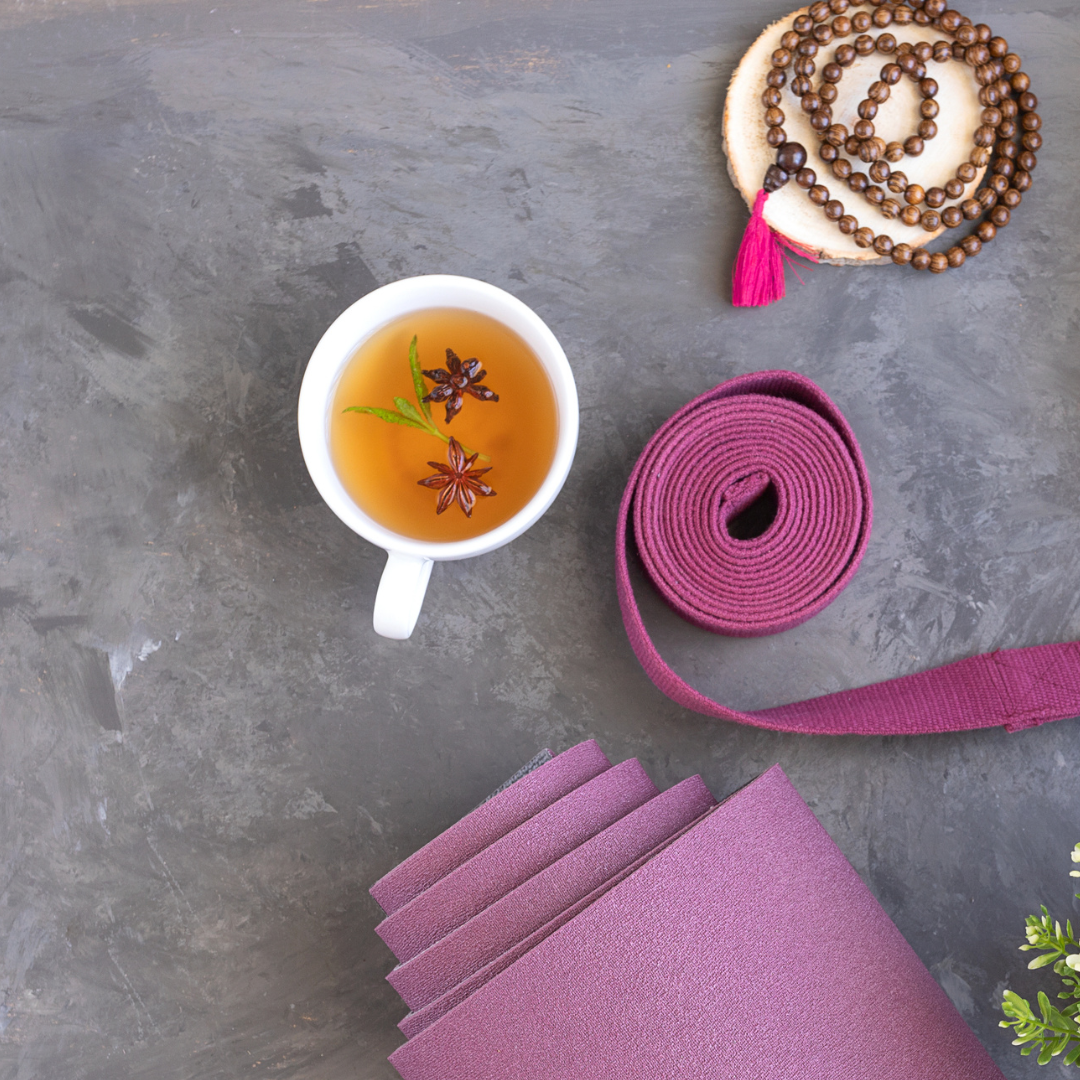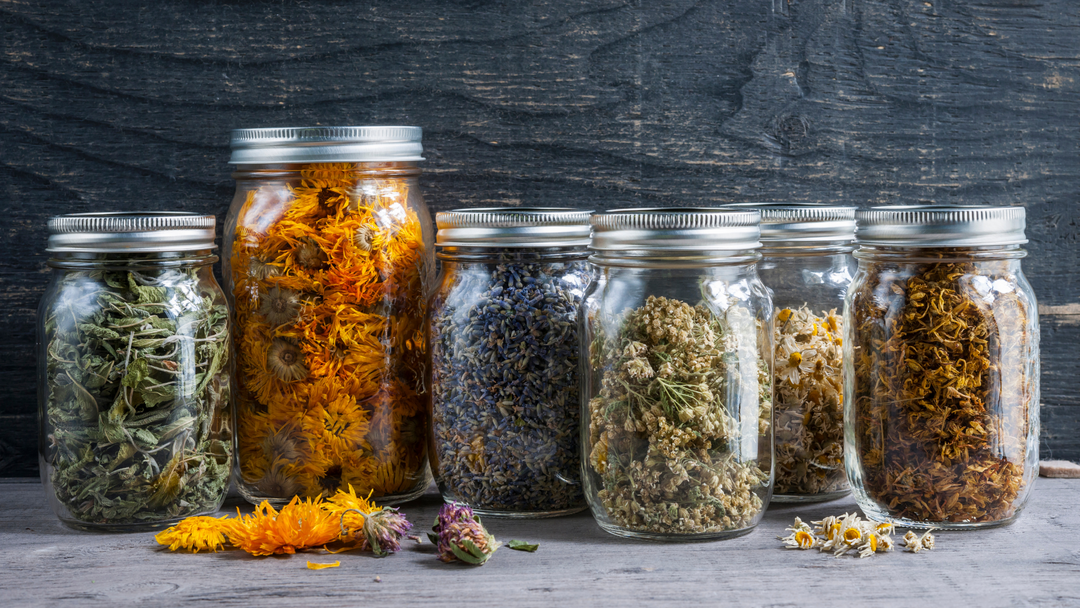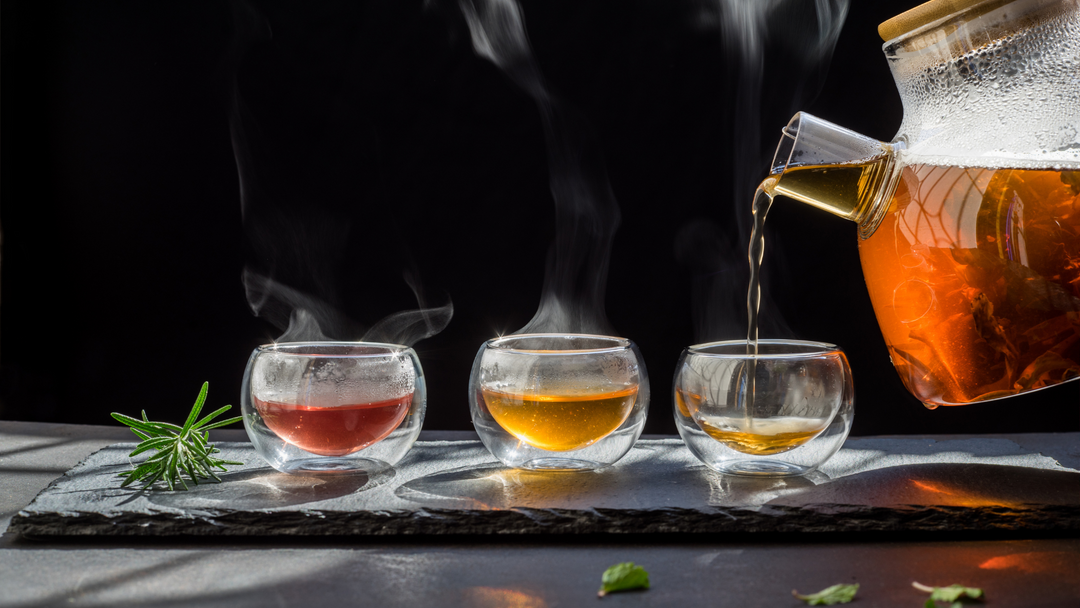As athletes, we are constantly seeking ways to enhance our performance, speed up recovery, and maintain optimal health. While many turn to energy drinks and supplements, there's a natural powerhouse that often gets overlooked – Rooibos tea. Originating from South Africa, this delicious and caffeine-free herbal tea is gaining popularity in the athletic community for its numerous benefits. In this blog post, we'll explore why Rooibos is a game-changer for athletes and how it can give you a competitive edge.

1. Natural Hydration Boost
Hydration is crucial for athletic performance, and Rooibos tea can play a significant role in keeping you properly hydrated. Unlike traditional teas or coffee, Rooibos is caffeine-free, making it an excellent choice for athletes who want to avoid stimulants or maintain a consistent sleep schedule. Its high mineral content, including potassium, magnesium, and calcium, helps replenish electrolytes lost during intense workouts, promoting proper muscle function and preventing cramping.
2. Enhanced Recovery and Reduced Inflammation
Intense physical activity can lead to muscle soreness, inflammation, and oxidative stress. Rooibos tea contains powerful antioxidants, including aspalathin and nothofagin, which help combat inflammation and neutralize free radicals, thereby reducing post-workout muscle damage. These antioxidants have been linked to accelerated muscle recovery, allowing athletes to bounce back quicker and train at their full potential.
3. Immune System Support
Athletes often push their bodies to the limit, leaving them susceptible to weakened immune systems. Rooibos tea boasts a rich profile of immune-boosting compounds, including polyphenols and flavonoids. These bioactive substances help fortify the body's natural defense mechanisms, ward off infections, and reduce the risk of illness.
4. Stress Relief and Mental Focus
Athletic performance isn't just about physical strength; mental focus and clarity are equally essential. Rooibos tea contains unique compounds like quercetin and luteolin, which have been shown to reduce anxiety, stress, and promote a sense of calm. By incorporating Rooibos into your routine, you can enhance your mental well-being, improve concentration, and maintain a positive mindset, leading to better performance on and off the field.
5. Antioxidant Powerhouse
As athletes, we constantly put our bodies under oxidative stress due to intense exercise. Rooibos tea is a fantastic source of antioxidants, such as aspalathin and superoxide dismutase (SOD), which help combat the damaging effects of free radicals. By neutralizing these harmful compounds, Rooibos tea can support overall health, boost recovery, and reduce the risk of chronic diseases associated with oxidative stress.
6. Digestive Health and Weight Management
Maintaining a healthy digestive system is crucial for athletes, as it affects nutrient absorption and energy levels. Rooibos tea contains unique bioactive compounds that promote a healthy gut, such as quercetin and rutin. These compounds have been shown to support digestion, reduce inflammation in the gastrointestinal tract, and aid in weight management. By incorporating Rooibos tea into your routine, you can support optimal digestion and fuel your body more efficiently.

Rooibos tea is not only a delicious and refreshing beverage but also a secret weapon for athletes seeking to optimize their performance, recovery, and overall health. From its natural hydration boost to its powerful antioxidant properties, Rooibos offers a myriad of benefits that can take your athletic journey to the next level. So why not swap out your sugary sports drinks for a cup of Rooibos tea? Embrace the power of nature and unlock your true athletic potential.
Rooibos can be found in our Revival Tea blend!
References:
- https://www.ncbi.nlm.nih.gov/pmc/articles/PMC5465813/
- https://pubmed.ncbi.nlm.nih.gov/30741533/
- https://www.ncbi.nlm.nih.gov/pmc/articles/PMC4931538/
- https://pubmed.ncbi.nlm.nih.gov/20374974/
- https://www.ncbi.nlm.nih.gov/pmc/articles/PMC6107899/
- https://pubmed.ncbi.nlm.nih.gov/21038436/









